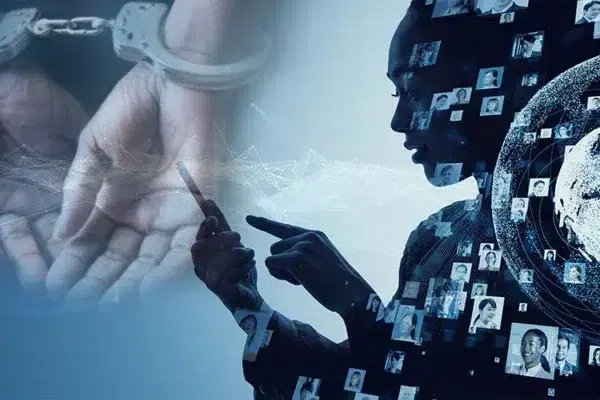Free Courses Sale ends Soon, Get It Now


Free Courses Sale ends Soon, Get It Now



Disclaimer: Copyright infringement is not intended.
Context:
What is ‘Digital Arrest’?
Modus Operandi:
Measures to protect oneself from digital arrest:
Sustaining a practical and observant approach toward cybersecurity is the key to lowering the peril of being targeted and experiencing digital arrest. Following are certain best practices for ensuring the same:
Important links:
https://www.iasgyan.in/daily-current-affairs/indias-new-vpn-rules
Source:
|
PRACTICE QUESTION Q. Consider the following statements about the term “ digital arrest” recently seen in the news.
Which of the above statements is/are correct? A.1 only B. 2 only C. Both D. None Answer: D |
© 2024 iasgyan. All right reserved